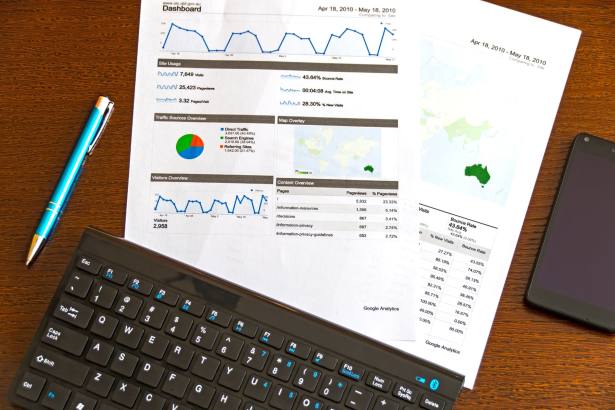"It may well be, but there were a large number of people that were crushed by the downturn in 2008 and they lost everything, including their business, sorry, their pension."
Financial and tax planning
As a self-employed person himself, Mr Stewart says he was always encouraged to make sure that not only did he have multiple income streams but also avoided having just one income stream.
He says: "I have seen clients whose business had one client and they did very well. Until that client stopped doing well themselves and both businesses went under.
"We suggest to people that they should use their limited company as a financial planning tool and that would include pension planning. Better to have tax relief than a tax bill surely?"
Tax is an important point for people to consider, according to Jamie Smith-Thompson, managing director of self-employed specialist adviser Portafina.
He advocates setting up some form of a personal pension on the grounds of tax relief on the way in. "The tax relief available for pension contributions is huge," he states.
"So, if they haven’t got an immediate need for the money and they don’t foresee needing access to it before they reach 55, sticking the money into a pension is the most tax efficient way of saving it."
Mr Conner agrees. "The principal attraction of pension saving is the tax relief available on contributions – the government tops up contributions with tax relief at your highest marginal rate.
"The government doesn’t give much back these days, so it makes sense to take advantage of this. A lot of self-employed people we speak to aren’t aware of this tax benefit, which is one of the key selling points of pensions," he adds.
Technology
Steve Andrews, head of managed services at Focus Solutions, believes it is important to use the technology available to help self-employed people see how on-track they are to meet their retirement goals.
This can help the adviser in making recommendations as well as provide a clear visualisation of how much the individual will need to save - and the investment strategy needed - in order to achieve the sort of pension pot they want.
He comments: "Good cash flow planning tools can help the self-employed identify and make the necessary savings provisions to support their retirement goals.
"Advisers can build up a variety of tax-efficient models to maximise savings, and constantly review contributions as financial circumstances change."
According to Mr Andrews: "Having powerful tools that can help model life events, market crashes, the impact of income changes and a range of other events that could affect overall savings goals, will help the self-employed have greater control of their retirement goals."






